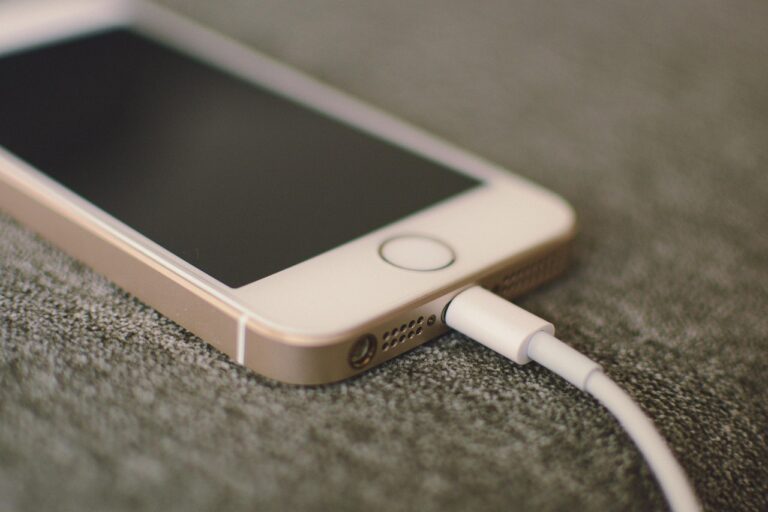South Korea has passed a new law that bans smartphones and other smart devices during school hours. The measure places the country among several nations limiting phone use to protect education and health.
The law will begin in March 2026. Lawmakers from both major parties supported the bill. They argue it is essential to fight smartphone addiction, which researchers increasingly warn has damaging effects.
Supporters call for discipline in schools
Backers say phones disrupt lessons and weaken academic performance. They believe students waste time scrolling instead of focusing on studies or friendships. Parents argue that devices stop children from engaging in activities that matter for development.
Students, however, remain unconvinced. Many question whether the law can be enforced fairly and if it tackles the deeper causes of addiction.
The bill passed parliament on Wednesday with 115 votes in favour out of 163 lawmakers present.
Global movement towards restrictions
Several South Korean schools already have phone restrictions in place. Other countries have introduced similar steps. Finland and France ban phones for younger students, while Italy, the Netherlands and China apply bans across all schools. South Korea stands out for writing the measure into law.
“Children just cannot put their phones down,” says Seoul mother Choi Eun-young, whose daughter is 14.
Addiction growing among young people
The issue extends beyond classrooms. A 2024 government survey found nearly a quarter of South Korea’s 51 million citizens depend too heavily on their phones. Among teenagers aged 10 to 19, the figure rises to 43%.
More than one-third of teenagers admit they cannot stop scrolling through short videos. Parents worry the habit reduces time for learning, friendships, and healthy activities.
“When children are at school, they should learn and build relationships,” Ms Choi says. “Phones distract them from both.”
Some parents also raise fears about cyberbullying, which often spreads through social media platforms.
Politicians point to health concerns
Opposition lawmaker Cho Jung-hun, who introduced the bill, said he drew inspiration from other countries’ measures. He argues there is strong scientific evidence that smartphone addiction damages brain development and emotional growth.
The law bans phone use during class but allows exemptions for education, emergencies, and assistive devices for students with disabilities. Schools will also be required to provide guidance on responsible phone use.
Teachers split over new measure
Educators remain divided. The conservative Korean Federation of Teachers’ Association supports the law, saying it strengthens classroom discipline. A survey found 70% of teachers experienced disruptions caused by phones, with some reporting students lashing out when told to stop using them.
The Korean Teachers and Educational Workers’ Union has not taken a clear position. Some members believe the law limits students’ rights. Others argue students rely on apps like KakaoTalk to connect outside school and tutoring centres.
Exam system adds to student stress
Some teachers argue the phone ban overlooks the bigger issue: South Korea’s high-pressure college entrance exam, Suneung. The gruelling eight-hour test decides university entry, career paths, and even income.
Students prepare for it from their first day at school. A 13-year-old student explained he has no time for addiction, as tutoring and homework keep him awake until midnight.
Critics believe education, not bans, is the key. “We should learn how to live without phones,” says 18-year-old high schooler Seo Min-joon, who opposes the law.
He warns the measure will have limited effect. “Students will still use their phones at home or on the way to school,” he says. “There has been no real education on healthy use, only confiscation.”


